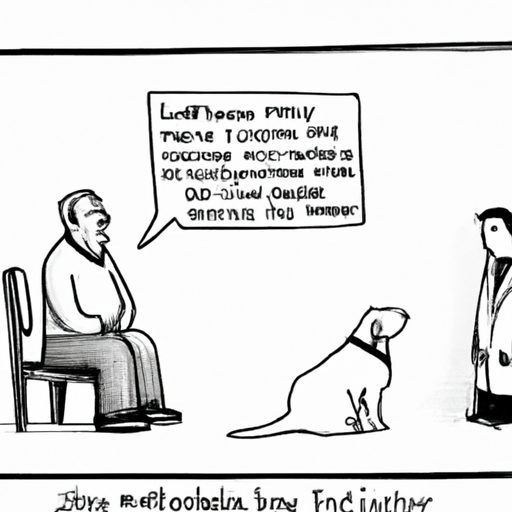As a caregiver, it’s natural to worry about the health and wellness of your furry friend. One of the common issues dogs face are yeast infections. You might wonder, why do dogs get yeast infections and how can I help them?
Understanding Yeast Infections in Dogs
Yeast is a type of fungus that resides on your dog’s skin. It’s usually harmless, but when it grows out of control, it can lead to infections. This can happen due to several reasons:
- Weakened immune system
- Hormonal imbalance
- Prolonged use of antibiotics
Your dog might show symptoms like:
- Itching
- Redness
- Smelly discharge
- Changes in skin color or texture
Understanding the causes and symptoms is the first step towards helping your dog overcome this issue.
Factors that Contribute to Yeast Infections in Dogs
Several factors contribute to yeast infections in dogs. By understanding these, you can prevent or control the infection.
- Moisture: Yeast thrives in damp and warm conditions. Dogs with floppy ears or thick fur are more prone to yeast infections.
- Diet: A high sugar diet can feed the yeast, causing it to multiply rapidly.
- Allergies: Allergies can weaken the immune system and create an environment suitable for yeast growth.
Treatment Options for Yeast Infections in Dogs
There are several treatment options available for yeast infections in dogs.
| Treatment | Description |
|---|---|
| Topical creams | Apply directly to the infected area |
| Medicated shampoos | Helps to control yeast growth |
| Oral medications | Prescribed by a vet, kills yeast from within |
Remember, each dog is unique and what works for one may not work for another. Always consult with a professional before starting any treatment.
Preventive Measures for Yeast Infections in Dogs
Prevention is always better than cure. Here are some simple yet effective preventive measures:
- Regular grooming: Regular baths with medicated or anti-fungal shampoos can help.
- Healthy diet: A balanced diet can boost your dog’s immunity and prevent yeast infections.
- Regular Vet visits: Regular check-ups can help detect and treat infections early on.
FAQs about Yeast Infections in Dogs
Q: Can a yeast infection spread from dogs to humans?
A: No, yeast infections are not zoonotic diseases and cannot spread from dogs to humans.
Q: Is a yeast infection in dogs a sign of a serious ailment?
A: Not necessarily. While it can indicate underlying issues like allergies, it’s not always a sign of a severe condition.
Q: How long does it take for a yeast infection in dogs to clear up?
A: With proper treatment, most yeast infections in dogs clear up within 1-2 weeks.
Caring for a dog is a rewarding experience. By understanding why dogs get yeast infections and how to help them, you can provide a healthy, comfortable environment for your furry friend.



